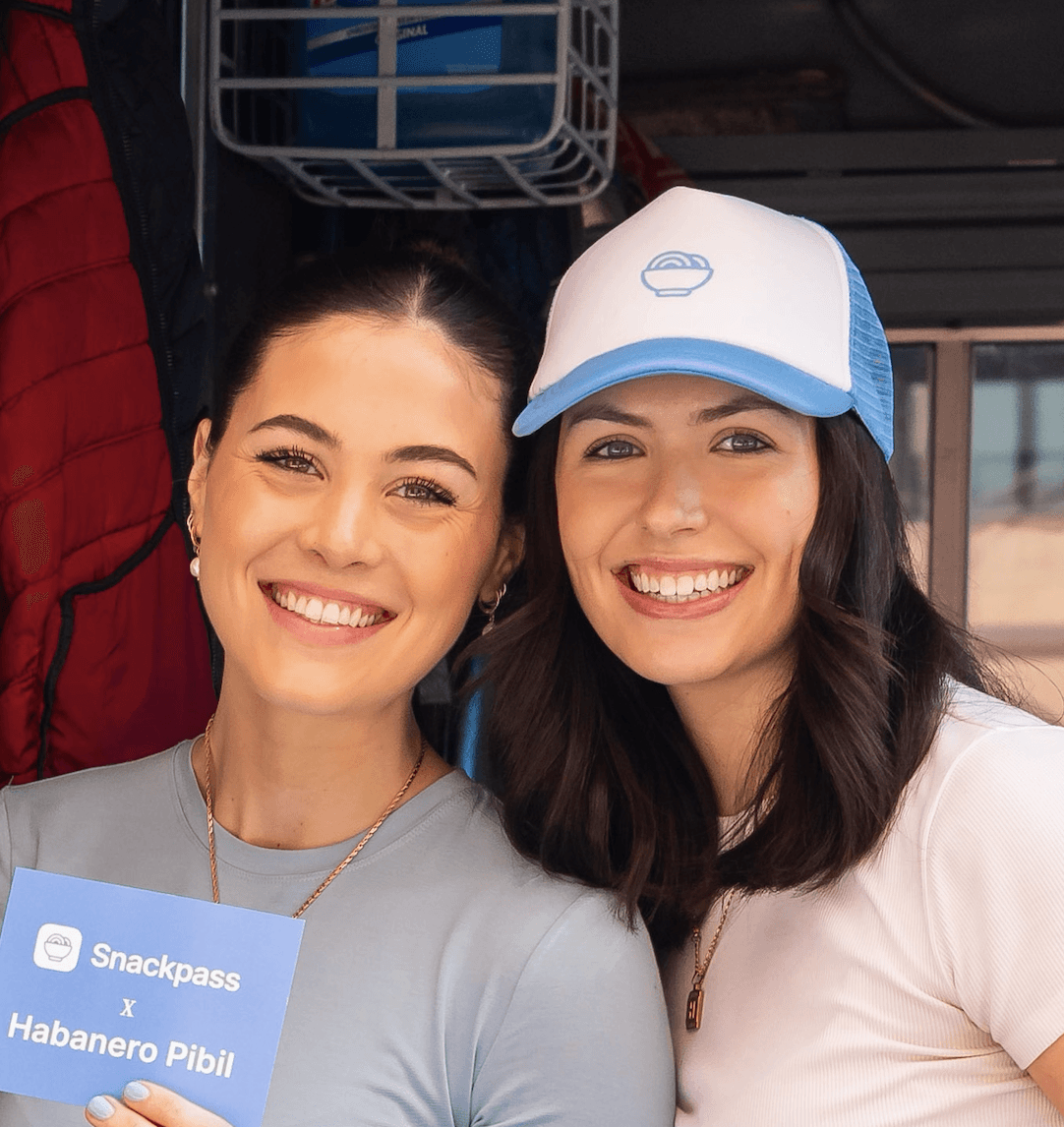Halal, High-Quality, and Homemade: The Journey of Holy Cow Burger
Holy Cow Burger blends bold flavors, strict sourcing standards, and inventive monthly specials to deliver a halal burger experience unlike anything else.
Craving a truly American-style burger that’s halal, high-quality, and full of flavor? Holy Cow Burger has grown from a single Midtown location to 23 places with plant-based, gluten-free, and wagyu innovations that keep fans coming back.
Building a Burger Brand from Scratch
When Adil opened the first Holy Cow Burger in Midtown Manhattan, he didn’t come in with a background in restaurants, but just a deep passion for creating something he couldn’t find anywhere else. “I come in with zero experience,” he says. “Just a passion for giving good quality food.”
Growing up in New York with halal dietary restrictions, he realized there were no burger spots offering the same American-style flavor and quality as chains like Shake Shack. Most halal burgers he found were made by people from back home—India, Pakistan, Bangladesh—serving burgers that didn’t quite hit the mark. So he decided to make his own.
What started as a personal mission to create a better halal burger quickly turned into a business. “The only way I could have a burger of the quality I needed was to make it myself.” From that simple goal, Holy Cow Burger was born—and over the last eight years, it’s grown to 23 locations across multiple states.
The Holy Burger and a Menu Built on Standards
At the heart of Holy Cow’s success is a tight, thoughtfully developed menu—starting with just three items: the Holy Burger, a chicken sandwich, and a hot dog. From day one, quality was non-negotiable. The Holy Burger, made from a fifty-fifty blend of brisket and short rib, quickly became the standout.
“It’s our most popular item,” Adil says. “We source the beef all the way to the farm—we’re very particular about what the animal eats, how it’s raised.” That same approach applies across the board. Holy Cow has since expanded to offer a full plant-based menu, including plant-based chicken, beef, buns, and sauces.
There's also a dedicated gluten-free menu with a strong customer following. “There’s nobody at our scale who is catering toward the gluten-free customer base,” Adil says. And for guests looking to try something new, there’s a new limited-time item released every month. June features wagyu sliders topped with kimchi, available on everything from burgers to loaded fries.
Leading by Example, Staying Close to the Kitchen
Even as the brand scales, Adil remains deeply involved in both the creative process and day-to-day operations. He still leads development of new menu items and makes time for conversations with managers across all locations. “Our brand today was created from all of these individual locations giving us suggestions on what works and what doesn’t,” he explains.
But managing over 200 employees across 23 stores isn’t easy. The hardest part, he says, is finding the balance between being in the kitchen and handling the back-end operations. “You can’t lose sight of being on the ground, getting your hands dirty, cooking with food,” he says. He believes showing—not just telling—is what earns respect and keeps the culture strong. “If I see the bathroom dirty, I will clean it. Then I’ll ask the team why it wasn’t done. I don’t need to do it every time to set the tone.”
That same philosophy applies to customer service and kitchen standards: be present, lead with your own actions, and the team will follow.
Steady Expansion and Staying Grounded
Holy Cow is growing fast, with a new store opening every three weeks and eight more planned by the end of the year. After saturating New York, they’ve expanded into New Jersey, Maryland, Albany, Detroit, and Dallas. “Texas is hopefully the main center for expansion out in the West Coast,” Adil shares. Despite the rapid growth, he remains focused on the fundamentals—quality food, consistency, and people.
When asked what advice he’d give to other aspiring restaurant owners, his answer is simple: don’t lose touch with the team doing the work. “Once employees see you’re willing to do it yourself, they respect it. It gives value to everything you say.”




